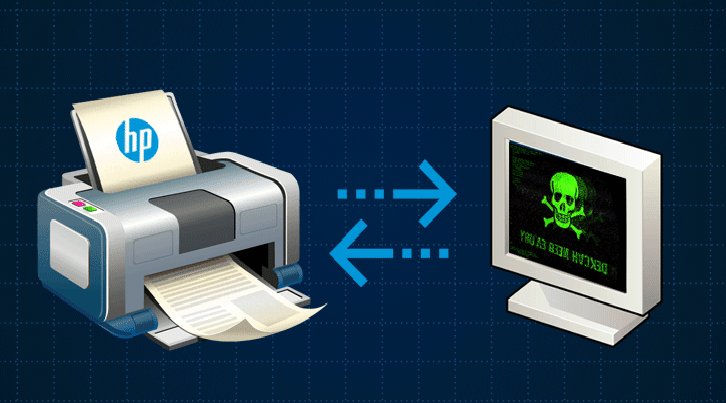Summary:
In response to issues identified by external researchers, Intel has performed an in-depth comprehensive security review of our Intel® Management Engine (ME), Intel® Server Platform Services (SPS), and Intel® Trusted Execution Engine (TXE) with the objective of enhancing firmware resilience.
As a result, Intel has identified security vulnerabilities that could potentially place impacted platforms at risk.
Description:
In response to issues identified by external researchers, Intel has performed an in-depth comprehensive security review of its Intel® Management Engine (ME), Intel® Trusted Execution Engine (TXE), and Intel® Server Platform Services (SPS) with the objective of enhancing firmware resilience.
As a result, Intel has identified several security vulnerabilities that could potentially place impacted platforms at risk. Systems using ME Firmware versions 11.0/11.5/11.6/11.7/11.10/11.20, SPS Firmware version 4.0, and TXE version 3.0 are impacted.
Affected products:
- 6th, 7th & 8th Generation Intel® Core™ Processor Family
- Intel® Xeon® Processor E3-1200 v5 & v6 Product Family
- Intel® Xeon® Processor Scalable Family
- Intel® Xeon® Processor W Family
- Intel® Atom® C3000 Processor Family
- Apollo Lake Intel® Atom Processor E3900 series
- Apollo Lake Intel® Pentium™
- Celeron™ N and J series Processors
Based on the items identified through the comprehensive security review, an attacker could gain unauthorized access to platform, Intel® ME feature, and 3rd party secrets protected by the Intel® Management Engine (ME), Intel® Server Platform Service (SPS), or Intel® Trusted Execution Engine (TXE).
This includes scenarios where a successful attacker could:
- Impersonate the ME/SPS/TXE, thereby impacting local security feature attestation validity.
- Load and execute arbitrary code outside the visibility of the user and operating system.
- Cause a system crash or system instability.
- For more information, please see this Intel Support article
To read the original article:
https://security-center.intel.com/advisory.aspx?intelid=INTEL-SA-00086&languageid=en-fr
